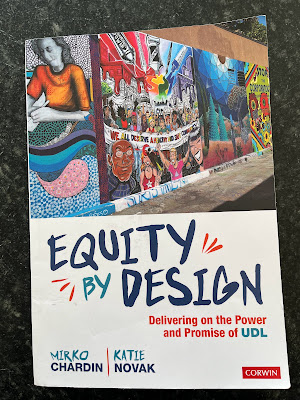Black History Month as a Yearly Recommitment
Every year, as the calendar page turns from January to February, many teachers around the country grapple with questions of whether and how to honor Black History Month in their classrooms.
Many critics of Black History month argue that the fullness and complexity of Black history cannot - and should not - be siloed into a month’s worth of curriculum. One of those critics is a biracial 7-year old named named Henry. Henry had this to say to his mother on the subject: “It seems stupid. And it’s not fair, because White people get all year, and Black people get a month. But what about Japanese people? And Chinese people? And people from Sweden? There’s not enough months for everybody to get one, and we’re all in America. We should just learn about all of us all the time.”
This plainspoken critique from Henry has echoes of the late, great Dr. Maya Angelou, who posited, “Won’t it be wonderful when Black history and Native American history and Jewish history and all of U.S. history is taught from one book? Just U.S. History.”
I share these viewpoints; namely, that Black history must be meaningfully and comprehensively woven into year-round learning and made central to conversations and curriculum about American history and experience. However, I also agree with Mark Morial - the President of the National Urban League - who named that “[Black History Month] is a chance for all of us to reflect, to self-educate, to celebrate, and to recommit on a number of levels.” If we let it, Black History Month has the potential to reinitiate us educators into the ongoing, essential work of racial justice and racial equity in our schools. This February, I ask you to consider: what might that look like for you?
When it comes to engaging in reflection this month, educational expert Dena Simmons offers some powerful questions for educators to consider how and to what extent we are teaching Black History all year long and across all subject areas:
How often do your students learn about the contributions of Black individuals to U.S. society?
Are your students able to explain to someone else the contributions that Black individuals have made in the United States?
How many books or other texts by Black writers do your students read during the academic year?
How many books or other texts do your students read during the academic year that highlight Black experiences?
If your students’ readings have Black characters, do these characters have positions of power?
Upon reflection, ask yourself: What is one, actionable step I can take to deepen and enrich my teaching of Black history during this school year? What do I need to learn in order to do this skillfully and knowledgeably? How will I stay accountable to my goals? Who can I call on to support me as I undertake this effort? (Yes, this is a shameless plug for coaching!)
Black History Month Resource Guide for Educators and Families (Center for Racial Justice in Education)
Do’s and Don'ts of Teaching Black History (Learning for Justice)


Comments
Post a Comment